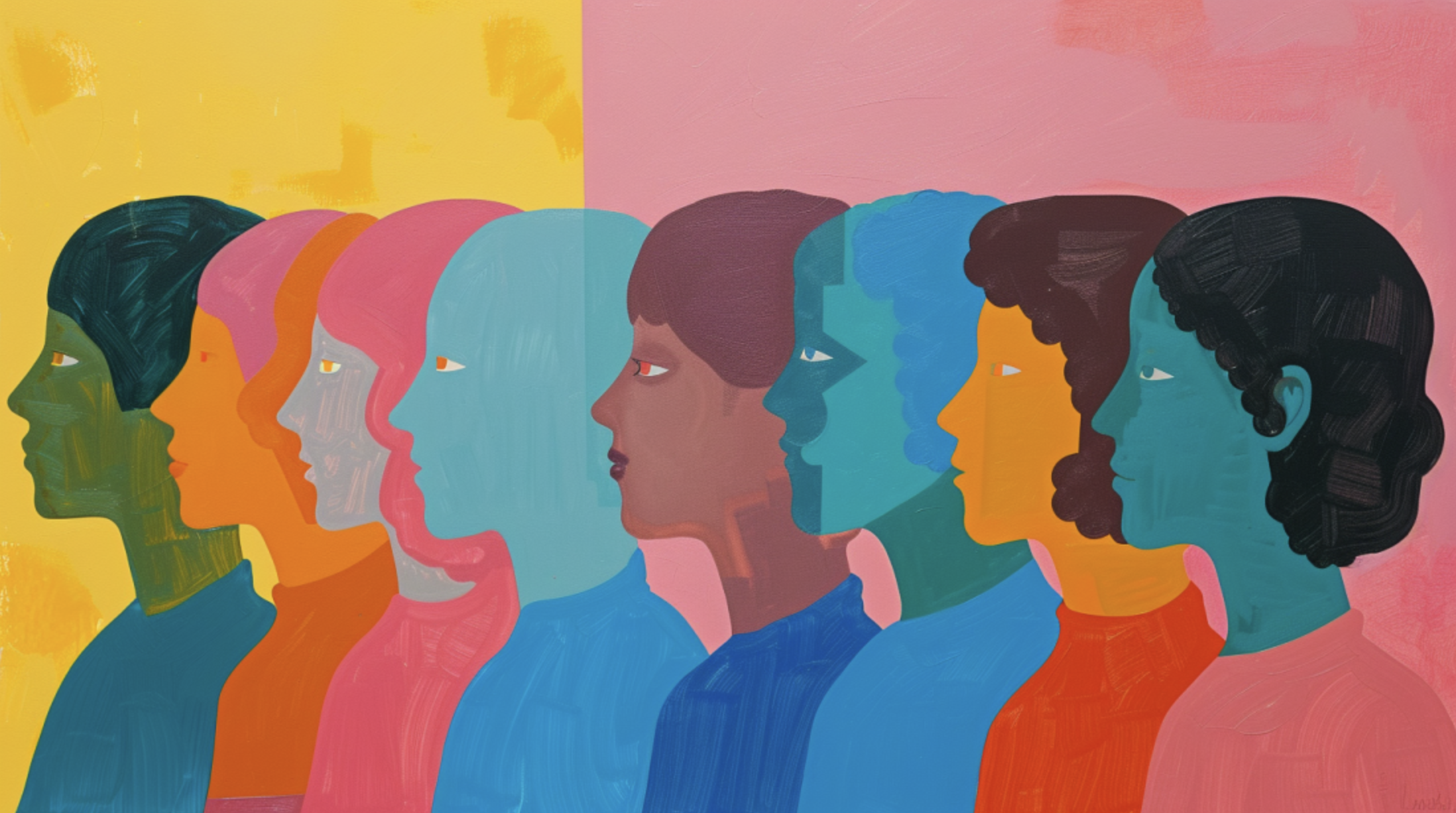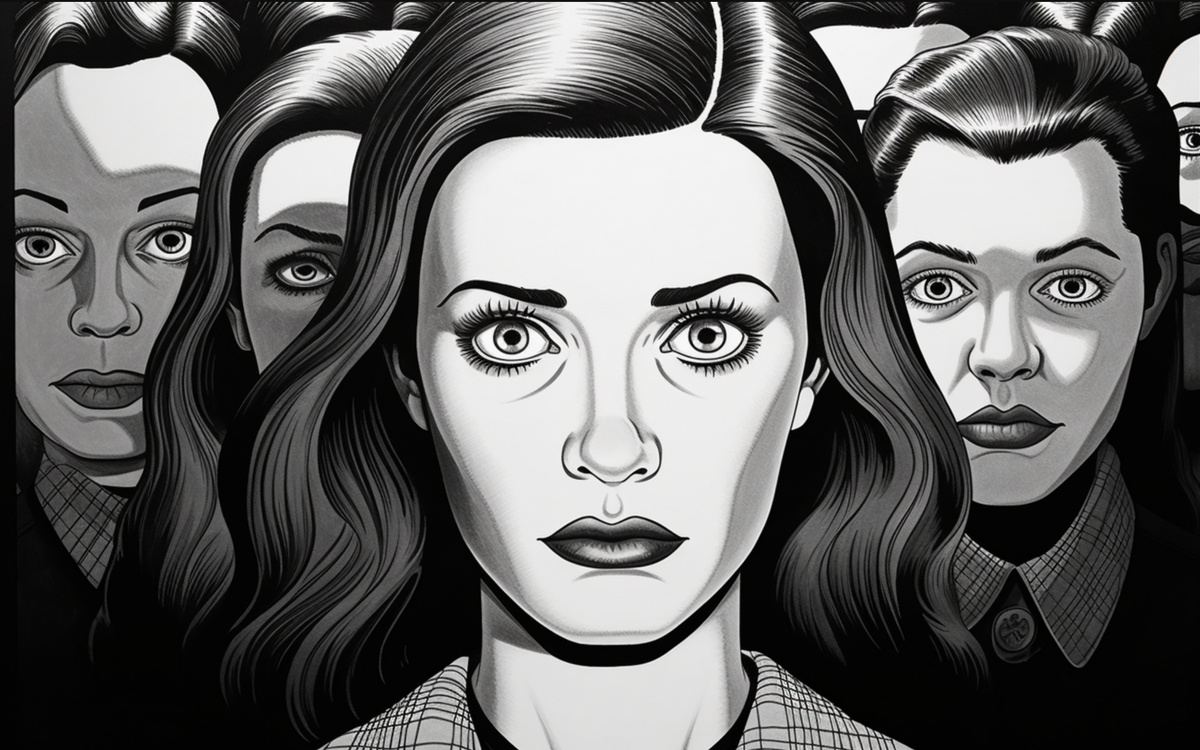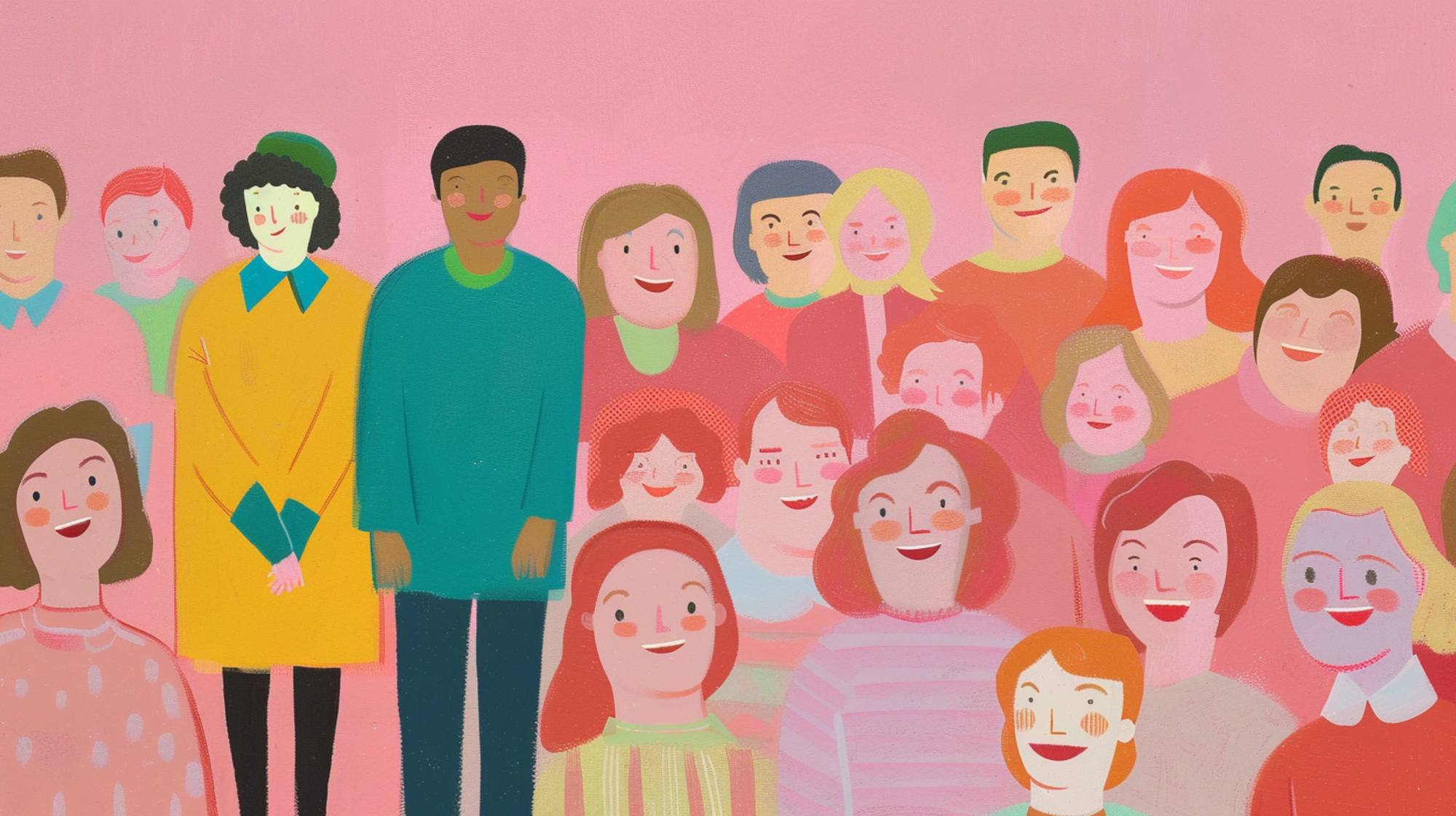Where do you belong? 🧖

That’s an odd opening question, isn’t it? But it turns out, belonging is one of those topics that touches all parts of our lives, but yet it’s a word that never really turns up in those conversations.
I’m talking about things like loneliness, why everyone finds work terrible, why society seems to be gripped by feelings of increased distress, and the surge in the use of medication to treat mental health. Belonging touches them all, but is strangely absent.
Now, belonging is no silver bullet. But when people report a strong sense of belonging, they experience less loneliness, are sick less often and perform better at work. So in this week’s Brink, I wanted to explore this idea of belonging to find out where the idea comes from, how easy is it to create belonging, but also ask, when do we know that we belong?
The beginnings of belonging 👶

As always, so much of who we are was laid down long before we had anything resembling the highs and lows of today’s tech-driven society.
The need to belong, many believe, is the product of how we evolved. All mammals have a drive to attach themselves to a group, and we’re no different. We survive and thrive in groups, and the chances of dying increase when it’s just us walking around with no one covering our backs. But with humans, it goes further.
Unlike other species, humans receive most of what they need from their social group rather than directly from their natural environment, suggesting that the human strategy for survival depends on belonging. Which makes sense.

We receive warm, positive feelings when we feel like we belong, and experience strong, negative feelings when we feel like we don’t. And it starts early - research into a sense of belonging in young people can have profound effects on how they’ll navigate life later on.
Think of it as a neurological roadmap - access to positive group experiences early on will help you create and maintain positive group experiences later. If the opposite happens, then finding a place to belong becomes more difficult. There are now increasing links between depression and our belief we’re worthy of belonging. But what is it?
Building the basics 🏗️

The technical definition of belonging has been defined as “a subjective feeling that one is an integral part of their surrounding systems, including family, friends, school, work environments, communities, cultural groups, and physical places.”
We can derive belonging from just about anything: your family, where you grew up, where you went to uni, where you work, your race, your political ideology, a football team, your favourite band, a gaming community, and so on. Researchers have found there really are no limits to what we can derive belonging from, and how easy it is to create.
In the classic Robber's Cave study, a bunch of young men were randomly split into two different groups. Almost immediately, members of each group formed a sense of loyalty to their allotted group.
Initially, the two groups were asked to compete with one another, and surprise surprise, hostility between them ensued. However, when the two groups were combined to form one big group the group adapted to the new sense of togetherness.

Researchers have found this a lot. Psychologist Henri Tajfel created dozens of studies where each time he used a random set of markers to put people in groups, and each time, we preferred the people we were in a group with. My favourite is the Social Judgment Theory Experiment, where kids were put into groups based on whether they preferred the work of Vassily Kandinsky or Paul Klee - two abstract artists the kids had never heard of or seen before.

Even after he recorded the children’s preferences, the groups he put them in were random. But low and behold, when it came to rewarding members of the entire group, the kids favoured those in their respective groups. You can create a sense of attachment and belonging just about anywhere.
So if that’s true, why do so many of us struggle to feel like we belong? Turns out, it has something to do with where we derive belonging from.
I work therefore I am 🧑💼

For most of us, the primary source of belonging - or a lack thereof - is from work. There are many reasons for this, but for the sake of simplicity, it’s generally because:
- It’s what we spend most of our waking hours doing.
- It’s goal and task-driven - which means we get clear indicators of when we’re good (and belong) and are bad (when are rejected). I’ll talk more about this point later.
But sadly, 40% of us say that they feel isolated at work, despite companies spending billions of dollars each year on diversity and inclusion training. So what gives?
Well, the short answer is: many of us have used work as the sole source of meaning, affirmation, and belonging in our lives. Or, it is the dominant place where we go looking for these things. Or, we thought it was, had a mini breakdown when we realised it wasn’t, and now have no idea what to do instead.

We have given a lot of ourselves to work, and for many of us we feel short changed. In fact, 90% of us feel unsatisfied at work. We wanted it to give us a sense of belonging and purpose, but what we get instead is an overwhelming feeling of job insecurity. Studies have shown half the workforce feel their job is insecure. If you feel your job is going to be yanked from underneath your feet, feelings of belonging are less likely to grow. So what to do?
Well, we could all go and find the world’s most secure jobs - here’s a helpful list if you’re interested. Fun fact: being a therapist is on that list! Woo! Or, we can lovingly take work off the throne of belonging, and replace it with a court of key stakeholders where belonging is shared equally, or at least more equitably than it is right now.
Bearers of belonging 🫶

Now that we’re all ready to fire a cannon right at the face of our careers, there are a few things we need to think about when it comes to reallocating where we can find belonging.
Kelly-Ann Allen, co-author, and director of Monash University’s Global Belonging Collaborative, has devised a super helpful way to help nurture the green shoots of belonging. It’s broken into four distinct categories
- Competencies: Do you feel you have the skills to build healthy, meaningful relationships? If you have the skills, are you investing your time in relationships that can increase a sense of belonging?
- Opportunities: Opportunities are about what is available in order to feel a sense of belonging. Are you joining groups and engaging with others? This is why people bang on about hobbies and interests so much. You don’t need to be an Olympic-level marathon runner or build the world’s bestest train set to be considered a hobbyist. Anything that piques your attention or interest can be seen as a potential source of belonging.
- Motivations: Do we even want to belong? For some of us, we may be at a point in our lives where we definitely don’t. And that’s totally fine. But if we do, can we give ourselves that chance to work out: where do we feel most likely to get a sense of belonging and where we definitely don’t?
- Perceptions: If we feel like we do not belong, more often than not, we don’t. But what if we ask: where do I belong already? At the beginning of today’s newsletter, I highlighted that we have an innate ability to belong to literally anything. If we can find where we belong now, we can spend more time in those places and spaces - and learn to replicate why that was successful elsewhere.
To go back to the question at the beginning of this newsletter, “Where do you belong?” The answer is: wherever you want and however often you choose to. Having a strong sense of belonging does wonderful things to your health and happiness.
But the more important aspect is, that it is something you can control, which I think is an idea that belongs to all of us.
Things we learned this week 🤓
- 🤷 How you think about regret, influences how you make decisions.
- 🔪 Female psychopaths are more common than we previously thought.
- 🐦 Twitter is terrible for wellbeing and aggression.
- 🎶 Live music does things to our brains that nothing else seems to.
If you would be so kind 🙏
I am terrible at marketing. Literally terrible. But I’m trying to get better, and I need your help!
If you enjoy my witterings, please do share with someone or subscribe, it really helps.
I love you all. 💋






